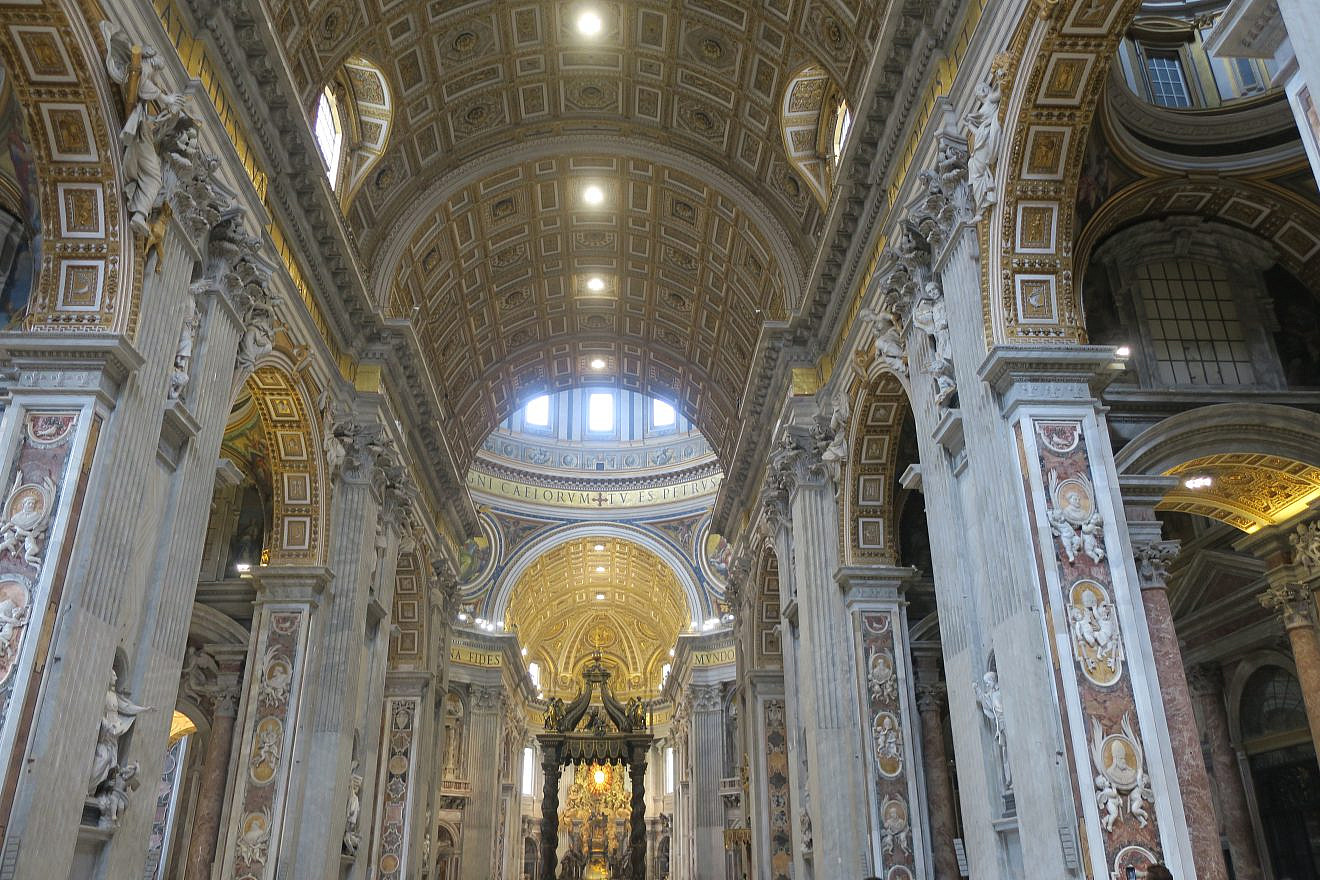Historians and theologians will gather in Rome at the Pontifical Gregorian University from Oct. 9 to Oct. 11 to discuss the meaning of documents about the Vatican’s activities during the Holocaust, which the pope released in 2020, for Jewish-Christian relations.
Conference sponsors include several Vatican bodies; the U.S. and Israeli embassies to the Holy See; the office of Ellen Germain, the U.S. State Department’s special envoy for Holocaust issues; the Italian Jewish Community; the U.S. Holocaust Memorial Museum; Yad Vashem; and the American Jewish Committee.
The conference will address the “millions of documents pertaining to the pontificate of Pope Pius XII (1939-1958),” which Pope Francis opened in March 2020.
“It will take decades of scrutiny and analysis to ascertain the full significance of these archives estimated to be at least 16 million pages, but some important discoveries have been made and must be shared with the wider public,” per the conference website. “These documents can be approached from the point of view of a variety of historical and theological questions.”
“We are hoping that the welcomed opening of World War II archives related to Pope Pius XII helps to clarify our understanding of the Church’s choice of actions during the Holocaust and will provide answers to key questions,” said Rabbi Noam Marans, the AJC’s director of interreligious and intergroup relations. “How did and does this history affect the theological and interreligious perspectives of the post-Shoah and post-Vatican II Church? What are the implications for Catholic-Jewish relations today?”
“Judaism lays great value on memory,” Marans stated. “We are taught to remember both positive and negative events, and use them as our reference for present and future actions.”


























